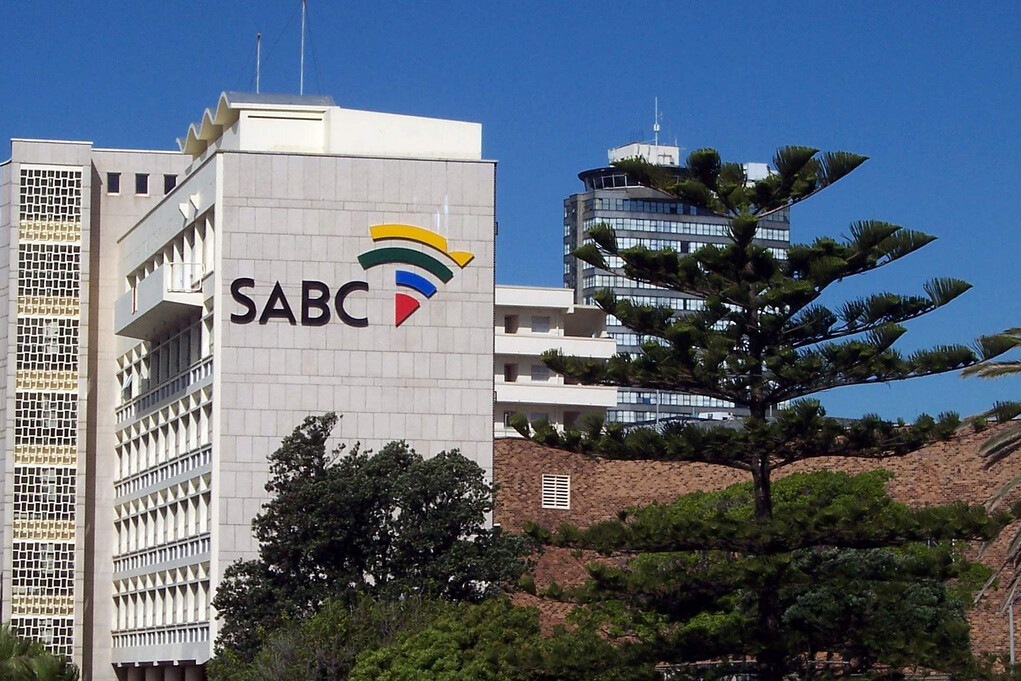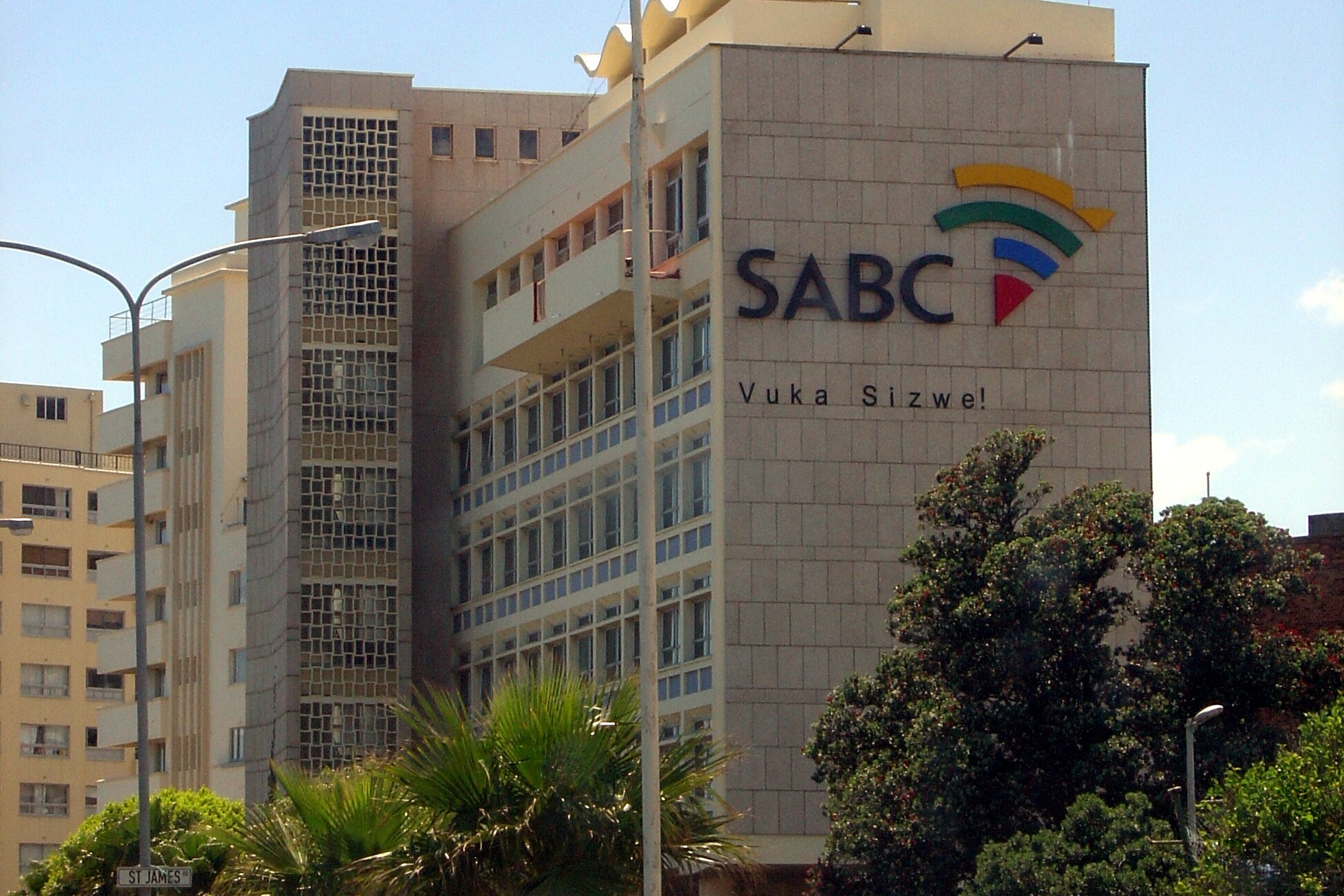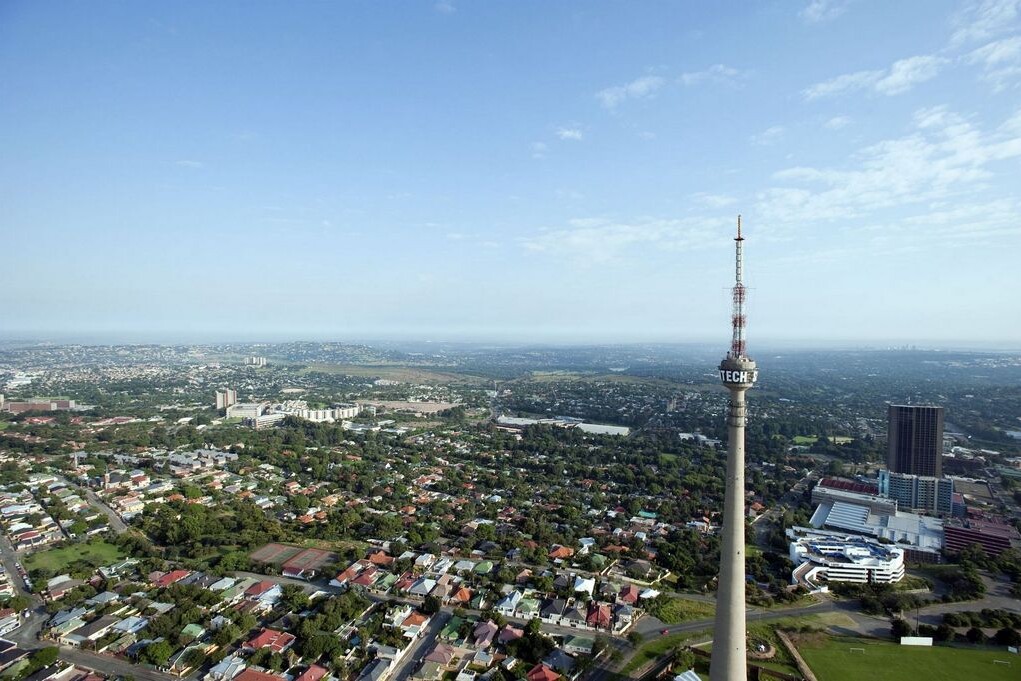The South African Broadcasting Corporation (SABC) has faced a number of crises in recent years due to mismanagement, allegations of censorship and political interference.
But now, with its latest turnaround strategy, new management and a renewed focus, SABC has a real chance to reposition itself and fulfill its mandate as an independent public service broadcaster.
This latest report offers a roundup of some of the key financial, political and structural challenges and changes faced by SABC since our last Update in 2017.
Financial
› Salary disclosure → Last week, the DA submitted a request to disclose the organisation’s salaries for top management. Shadow communications minister, Phumzile Van Damme, argued the salaries at the top were considerable and wanted the public to “know the truth”. SABC said it would take a year to reveal the full figures and that the salaries of recently appointed board members and management had been significantly reduced, however no actual figure was given.
› Huge financial losses → Estimated losses currently stand at R622 million for the 2017/18 financial year. The South African National Editors’ Forum (Sanef) said this financial crisis is partly due to the mismanagement of former chief operations officer Hlaudi Motsoeneng. The SABC started considering extensive job cuts as it struggled to pay service providers in July. However, Sanef urged the SABC to resort to job cuts only if all the other cost-cutting options had been considered.
The financial crisis also led to halting the production of Uzalo, one of South Africa’s most watched TV shows. In early September, the SABC was given a borrowing limit of up to R1.2bn by the National Treasury. The SABC is currently working on implementing a turnaround strategy to improve its financial position.
› Licence fee issues → Speaking to the Parliament Communications Committee , Pinky Kekana – deputy communications minister – said that TV licence fees are the main source of revenue for the public broadcaster and that currently, low turnaround is making SABC’s financial position even more difficult. This is leading the broadcaster to either consider harsher penalties for lack of payments or alternative sources of revenue.
Political & Structural
› Policy Review → SABC asked the public to participate in the review of six of its policies that have been in place since 2004. These policies included local content, language, religion, universal service, programming and news editorial. The review is due to a decision by the Independent Communications Authority of South Africa (ICASA) to nullify SABC’s editorial policies of 2016 (which included banning footage covering violent protests). The broadcaster has since re-adopted its 2004 editorial policy. Khanyisile Khweyama, SABC’s interim Chairperson, said the board was still looking to repeal the 90% local content policy implemented by Motsoeneng. The SABC’s submission was published at the end of August, stressing that “public broadcasting has an even more important role to play in a world dominated by privately-owned, often global, entities that are primarily driven by commercial interests.”
› Changes at the top → In late January, Mr. Chris Maroleng was appointed Chief Operations Manager (COO) replacing Hlaudi Motsoeneng, who was fired for violating SABC’s code of conduct. In June, Mr. Madoda Mxakwe appointed as SABC’s new Group Chief Executive Officer (CEO) and Ms. Yolande van Biljon as the new Chief Financial Officer (CFO).
› Motsoeneng loses court bid → Former chief operations officer, Hlaudi Motsoeneng, appealed his dismissal from SABC to court. Motsoeneng was fired last year after allegations of corruption, with a parliamentary inquiry finding him responsible for the broadcaster’s financial crisis. However the Commission for Conciliation, Mediation and Arbitration (CCMA) ruled in favour of the public broadcaster.
› New spokesperson → The SABC has replaced Kaizer Kganyago as the public broadcaster’s spokesperson of 13 years, with Neo Momodu who was also appointed as the SABC’s chief marketing and corporate affairs executive.
› CEO role → The broadcaster still retains its controversial policy of assigning the CEO the responsibility of editor-in-chief, despite numerous objections. In terms of the state broadcaster’s draft editorial policy, the role of editor-in-chief is one of many responsibilities the CEO assumes on appointment.
› Investigation → After a long wait, former-President Jacob Zuma signed a proclamation to investigate the SABC. The Special Investigating Unit (SIU) was setup to investigate the public broadcaster for misconduct allegations.
Other
› PMA → In early September, the Public Media Alliance attended the South African Public Broadcasting Policy Review Colloquium. PMA emphasised that public media organisations “provide far more than entertainment, something we call Entertainment+… and it is that ‘plus’ that all public media needs to market and promote more coherently”. Read about the outcomes and the broader discussion that took place.
› Marketing → On 4 June, SABC launched a new branding marketing campaign, “Black is here”, with an aim to be more transparent, accessible, pan-African and innovative while going back to its public media values and restoring citizens’ trust in its services and mandate.
› Commission → The broadcaster has established a high-level commission of inquiry into editorial interference and sexual harassment.
› HD → SABC is undertaking a technical transformation into full HD coverage although it is unlikely to make the June 2019 deadline to completely switch off analogue broadcast signals across the country.
Header Image: SABC Western Cape. Image: Richard Tanswell/Creative Commons


